Wybieramy materiały przyjazne dla środowiska
Do produkcji naszej odzieży używamy "włókien o niskim wpływie na środowisko". Oznacza to surowce i przędze, które w porównaniu z innymi materiałami mają mniejszy wpływ na środowisko. Są to na przykład bambus i wiskoza Lenzing™ Ecovero™.
What does that mean in concrete terms?
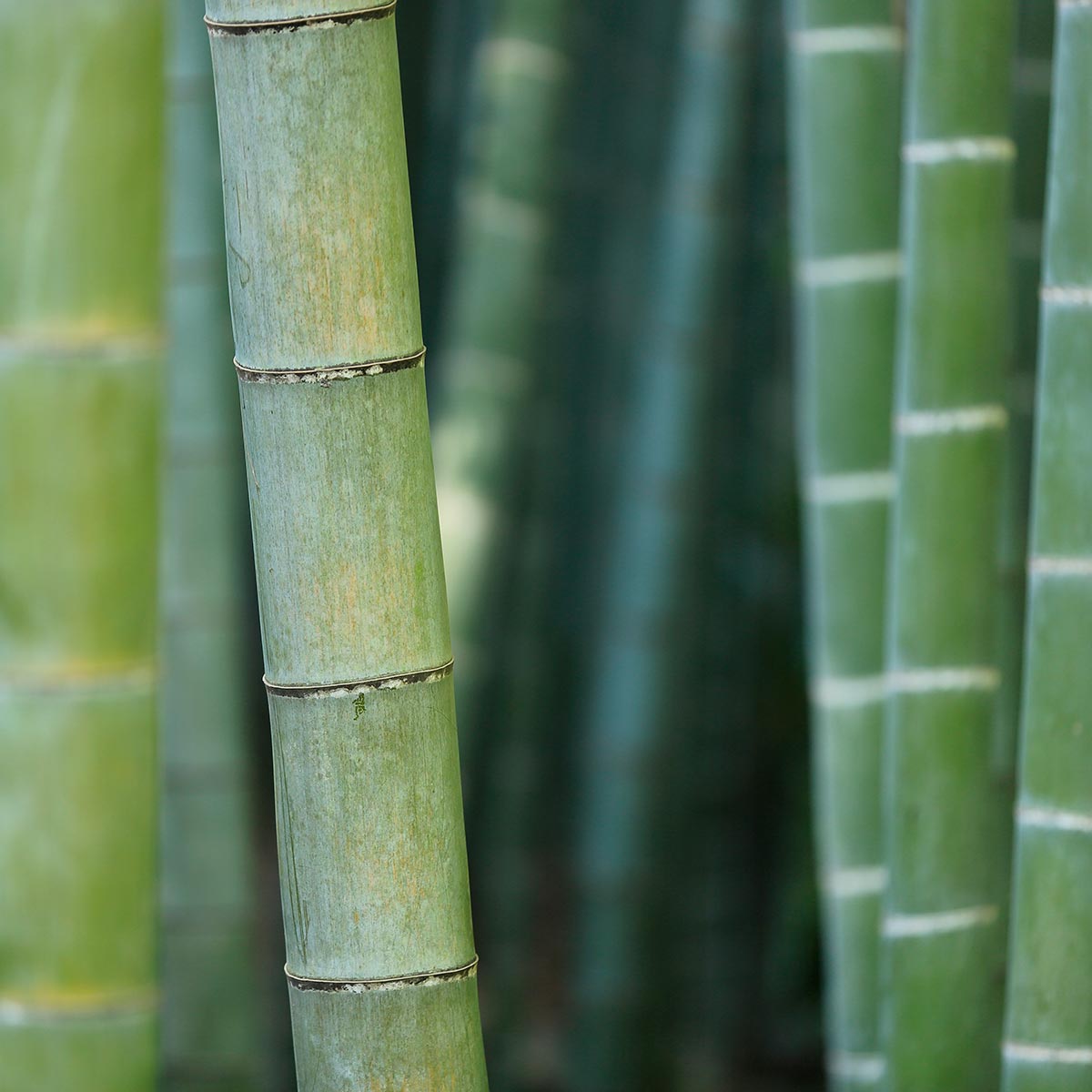
BAMBOO VISCOSE
- Bamboo grows up to one meter per day, making it a rapidly renewable resource.
- Bamboo plants bind up to four times more CO2 than other tree species.
- No pesticides are used in the cultivation of our bamboo.
- The production process of bamboo viscose is comparable to other conventional viscoses.
- Only azo-free dyes are used in the dyeing process.
- Our bamboo viscose is certified according to STANDARD 100 by OEKO-TEX.
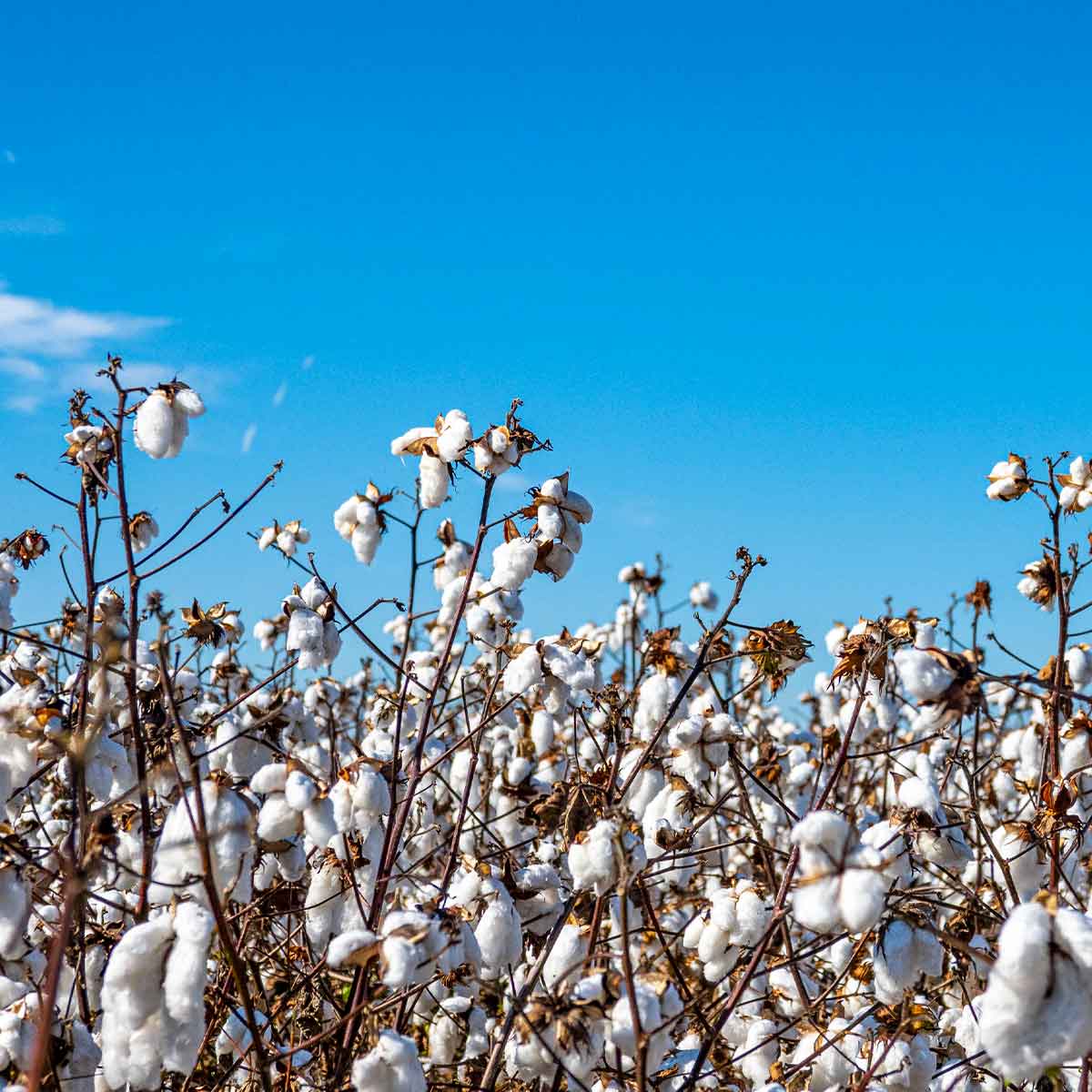
ORGANIC COTTON
- Significant water savings compared to conventionally grown cotton.
- Less energy consumption compared to conventionally grown cotton.
- No use of pesticides.
- We support the Organic Content Standard (OCS) through our use of organically grown cotton.
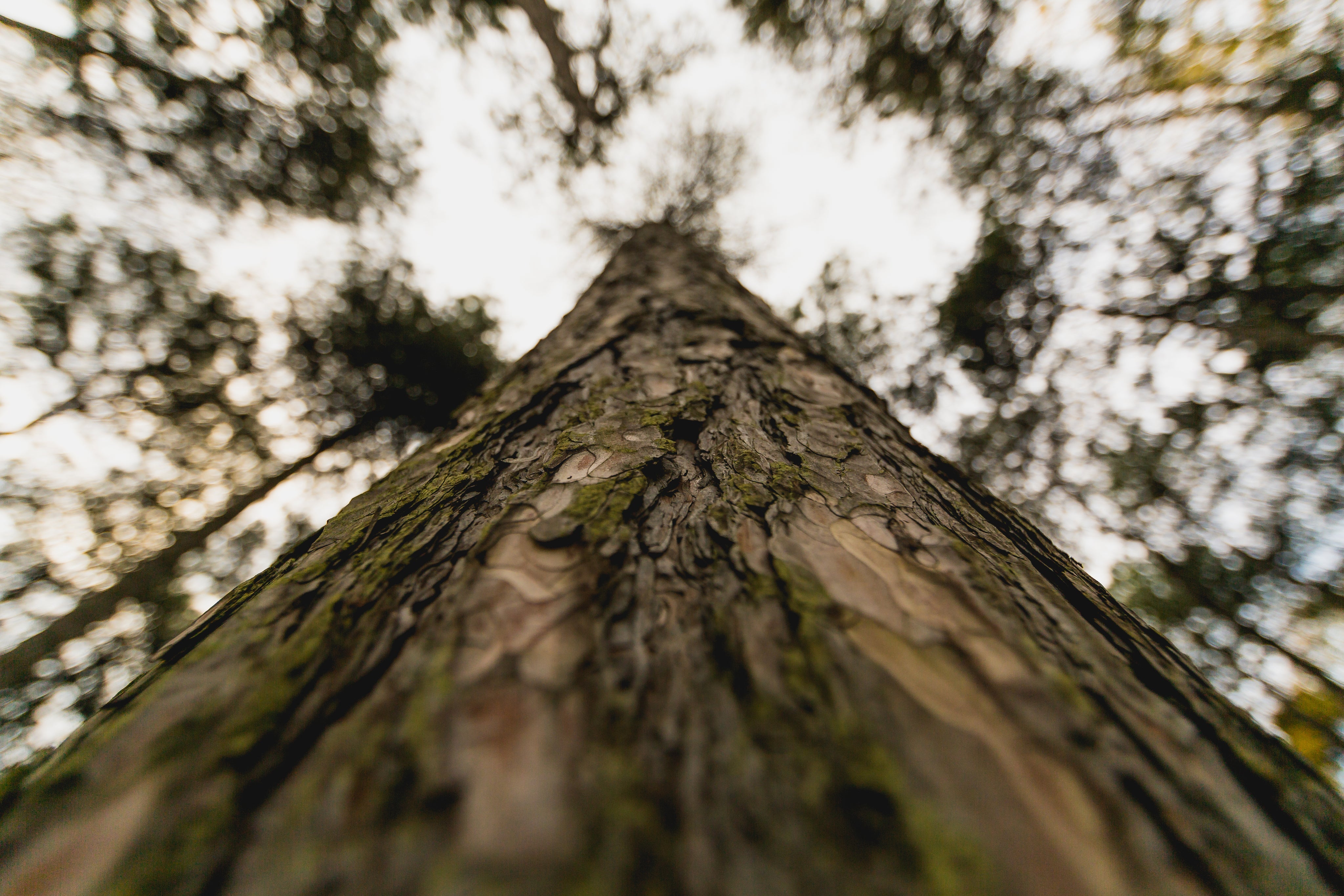
LENZING™ ECOVERO™ VISCOSE
- 50% less emissions and water impactg than conventional viscose.
- Sustainable sourcing and procurement of wood and pulp mainly from certified forests in Europe and South Africa: Around one-third more forest grows back than is felled for sustainable use.
- Trasparency in the supply chain by identifying all raw materials.
- Certified with the EU Ecolabel and STANDARD 100 by OEKO-TEX.
For more information click here.
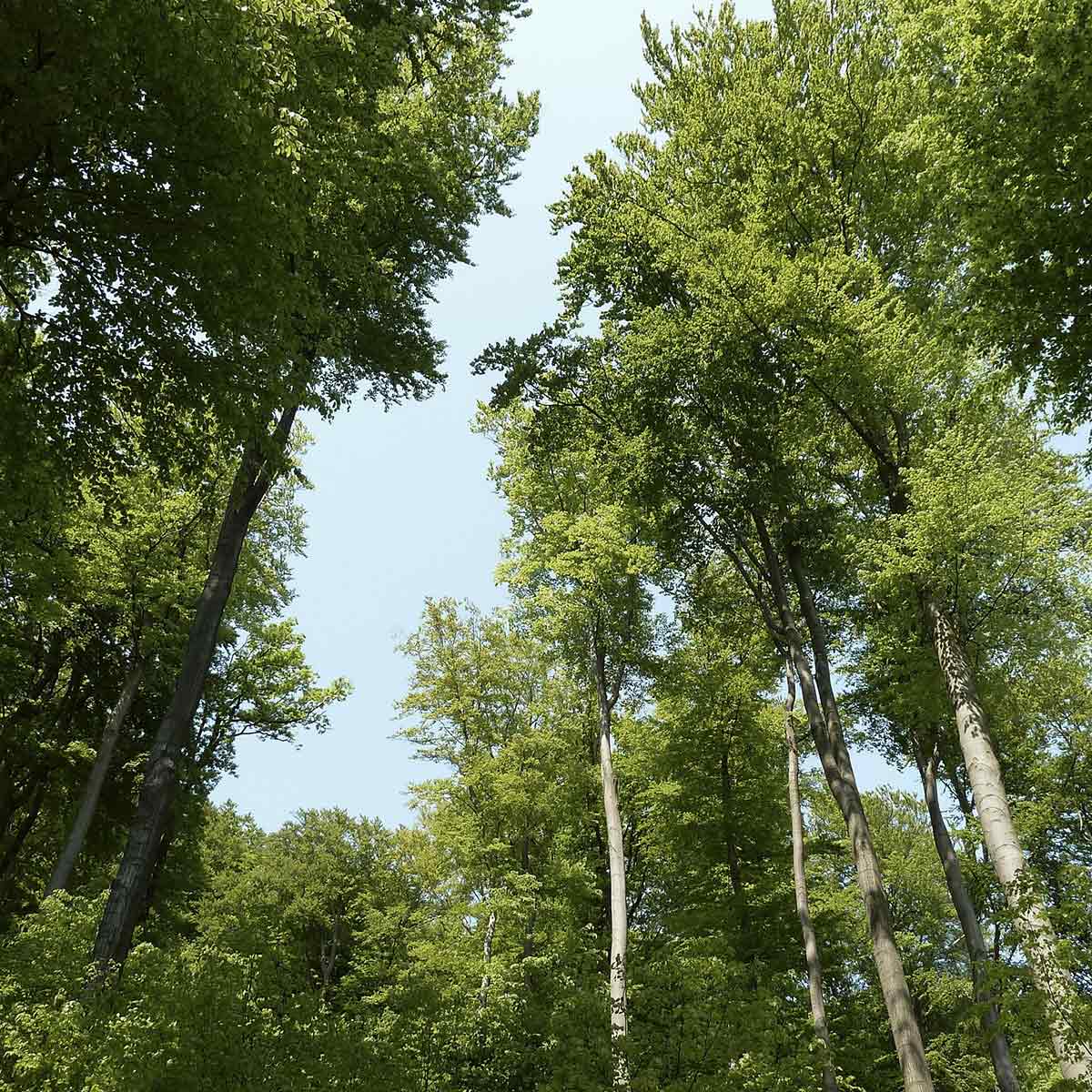
TENCEL MODAL
- Reduced environmental impact due to a recovery rate of over 95% of additives in the manufacturing process.
- Sustainable procurement and sourcing of wood and pulp from certified forests in Austria and its neighboring countries: Around one-third more forest grows back than is felled for sustainable use.
- Transparency in the supply chain.
- Certified with the EU Ecolabel and STANDARD 100 by OEKO-TEX.
You can find more information here.
What does certified according to OEKO-TEX® Standard 100 Class I mean?
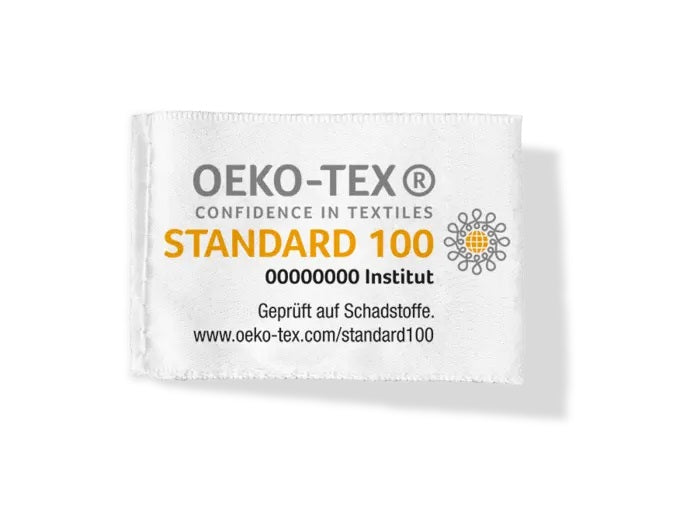
STANDARD 100 by OEKO-TEX® is one of the world's best-known labels for textiles tested for harmful substances and stands for high product safety.
It means that the fiber is free of harmful substances and does not pose a health risk. You can find more information here.
Our Shipping Bag & our Polybag
ECO-FRIENDLY TO YOUR HOME
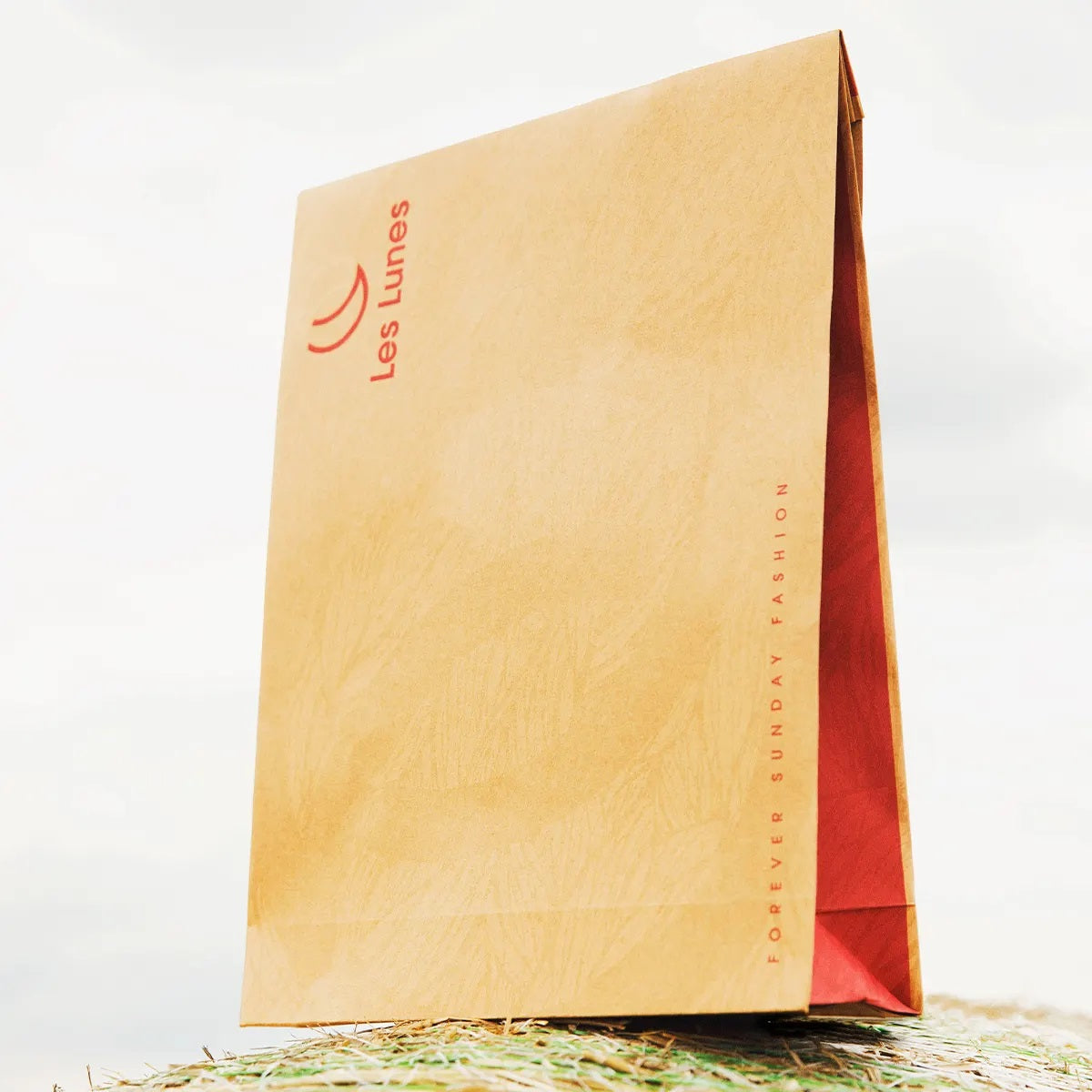
Our Shipping Bag
Our kraft paper shipping bag is printed with water-based inks, making it 100% recyclable. So are our shipping boxes, which are made from 100% recycled paper. Both packages are also FSC-Mix certified. This ensures that only wood from sustainably managed forests is used for production or that it is recycled material.
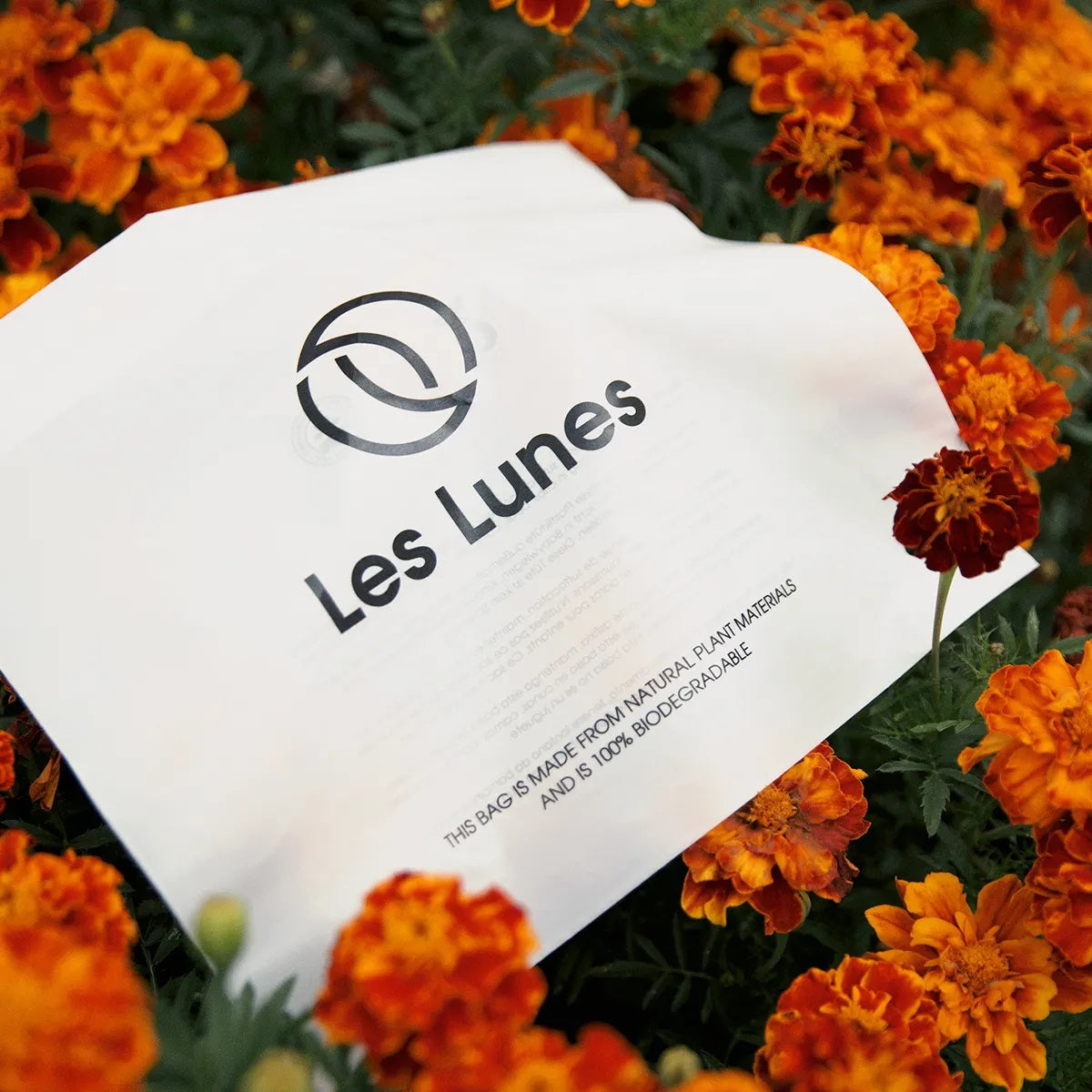
Our Polybag
For protection, our clothing is packed in a polybag made of corn starch. Corn starch is a bioplastic made from natural plant materials. The material can be biodegraded under industrial composting conditions. Our packaging is EN 13432 compliant.
What is EN 13432?
The certification ensures that not only the plastic content, but also all associated components including the color and adhesive are biodegradable and suitable for composting.




